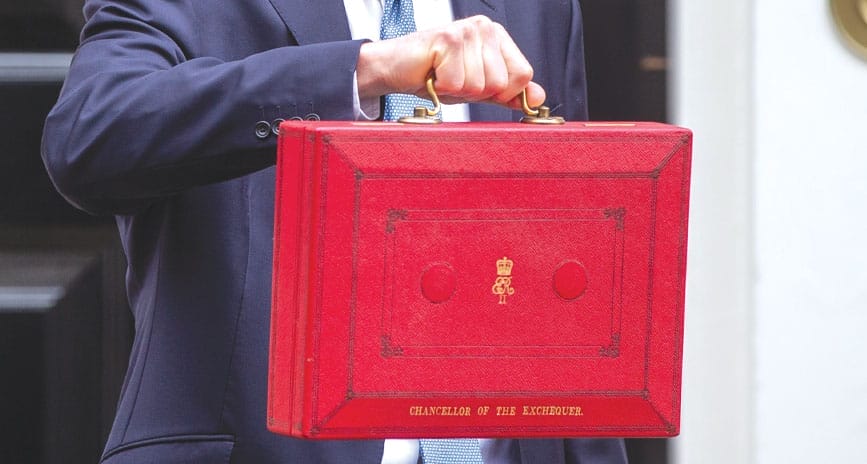In a summary of the current impact Covid-19 is having on the economy, John Colley, Associate Dean at Warwick Business School and former MD of a FTSE 100 company, has observed the following: “Those companies without cash or only limited availability of credit have a major problem. Many businesses simply do not have access to adequate cash or credit lines and will disappear during the next six months, only the strongest will survive. Unless there is significant government underwriting of bank debt many loans will be foreclosed and banks will not be keen to increase their exposure.
“Two principal industries that will be major sufferers as creditors to bankrupt companies are the property industry and banking. Rents are unlikely to be paid, bank loans will default, suppliers more generally will have a hard time as customers are unable or unwilling to pay for supplies as they conserve cash. In some cases this is deferral in others the debt will never be paid.
“Private equity uses debt extensively, as they are concerned with efficient, low-cost financing structures, which increases risk. The consequence of high debt is that many of these businesses will now be severely troubled.
“Private equity has $2.5 trillion of cash at its disposal, so they can rescue their controlled businesses if they so wish. One suspects that they will be selective in choosing which to save.
“This will clearly dent their returns in that some will be refinanced while others will be allowed to fall into the hands of creditors. Private equity will also be looking for bargains as prices for available businesses collapse. There will be many good businesses encumbered with too much debt that can be bought out of receivership.
“In effect this is Darwinist survival of the fittest compressed into six months. Business will not be the same again.”



